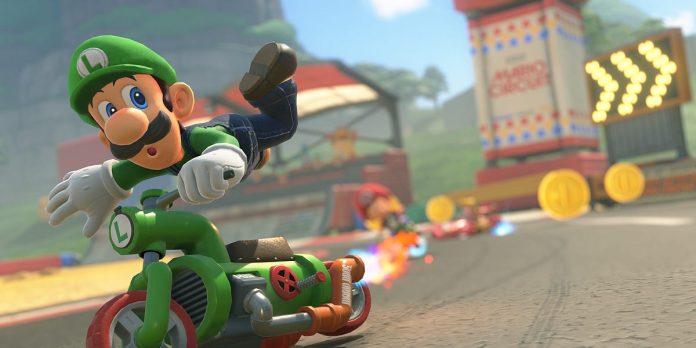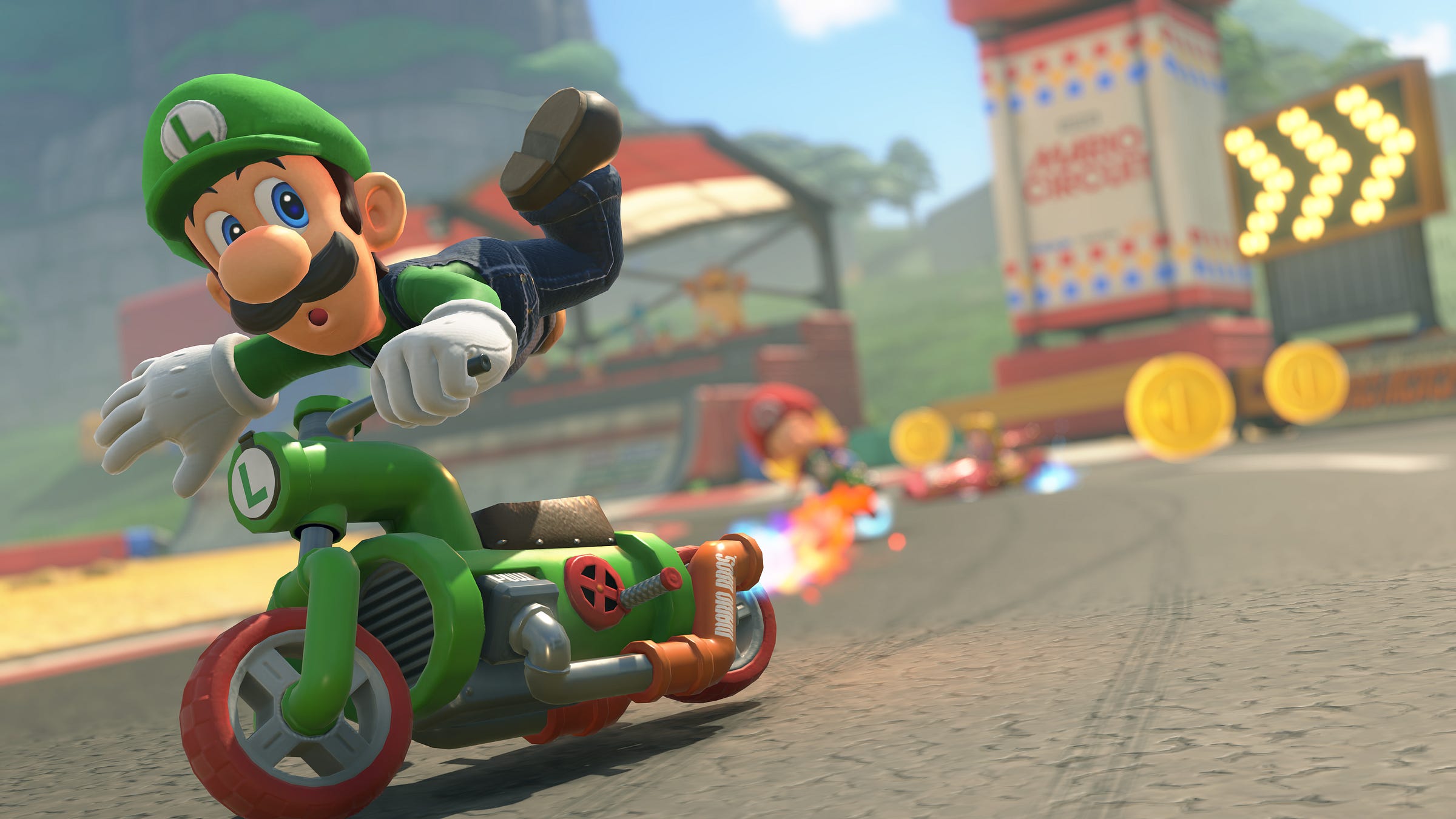Video games take longer to make than ever before. See the longer waits for Assassin’s Creed and Grand Thefty Auto sequels. Or, with Nintendo, notice the widening gaps between 3D Zelda adventures.
See Naughty Dog’s crawling output: their last new game came out in 2020, next new game in who-knows-when.
See the warning, in 2023, from Xbox’s head of game studios that fans needed to brace themselves for game development cycles that last “four and five and six years.”
See Nintendo president Shuntaro Furukawa telling investors in spring 2024 that “[t]he process of game development will inevitably become longer, more complex, and more advanced.”
Developers aren’t lazy. Games just keep getting bigger and more complicated. Their graphics have become more advanced and labor-intensive to produce. As fans also expect more, games take more time to create. I can’t count how many people in the games industry who’ve told me this is a key challenge that has shaken up the business, as longer dev times require bigger budgets and bigger budgets raise the stakes around a game’s success or failure.
And here is Furukawa again, this time in dialogue with a Nintendo shareholder late last month, via a recently translated Q&A.
He is asked:
I am concerned that the improved performance of Nintendo Switch 2 will lead to higher game development costs, which in turn could result in higher software prices and ultimately a decrease in the gaming population. What measures are you considering to address this?
Furukawa replies:
Recent game software development has become larger in scale and longer in duration, resulting in higher development costs. The game business has always been a high-risk business, and we recognize that rising development costs are increasing that risk.
Our development teams are devising various ways to maintain our traditional approach to creating games amidst the increasing scale and length of development. We believe it is important to make the necessary investments for more efficient development.
Were that all he said, there’d be nothing to write about. The president of Nintendo saying the moon is far away is not news. But it is news when he adds that they have ideas about how to go there more quickly.
To that shareholder, Furukawa continued [emphasis added by me]:
We also believe it is possible to develop game software with shorter development periods that still offer consumers a sense of novelty. We see this as one potential solution to the concern about rising development costs and software prices, and we will explore it from various angles within the company.
What ever could this mean?
How might Nintendo “develop game software with shorter development periods that still offer consumers a sense of novelty”?
What could its “various angles” of exploration be?
-
Nintendo games launched in unfinished early access? Doesn’t sound like them.
-
A return to the occasional release of smaller, more experimental games from Nintendo? They used to release loads of them—the Pushmos, the Art Styles, the Box Boys—interspersed between big full-priced games. That was back when Nintendo had a business incentive to offer cheaper, small downloadable games to drive users to its nascent DSiWare and WiiWare and other pre-Switch online shops. That was before downloads of full-priced, full-sized games became more viable and the release of those smaller games subsequently slowed.
-
Some other approach that I’m not thinking of? And that you’re not thinking of either? Hey, it’s Nintendo. This is usually the correct answer.
I wasn’t expecting a big announcement from Furukawa during that Q&A. I wasn’t expecting him to mention a new 3D Mario, a new Animal Crossing nor the resumption of development of Emperor of the Jungle.
But if Nintendo can find a way to shorten development cycles in some high-quality way, he may have made the most important announcement of all.
Keep reading for more reporting about Nintendo’s average annual salaries, mixed stats regarding female managers at Nintendo, the company’s unusual new director…. the latest allegations in the lawsuit between IGN’s owners and the makers of ChatGPT… some clarity (and a dash of news) about Romero Games… the state of The Alters’ AI flap, and more…

